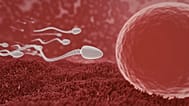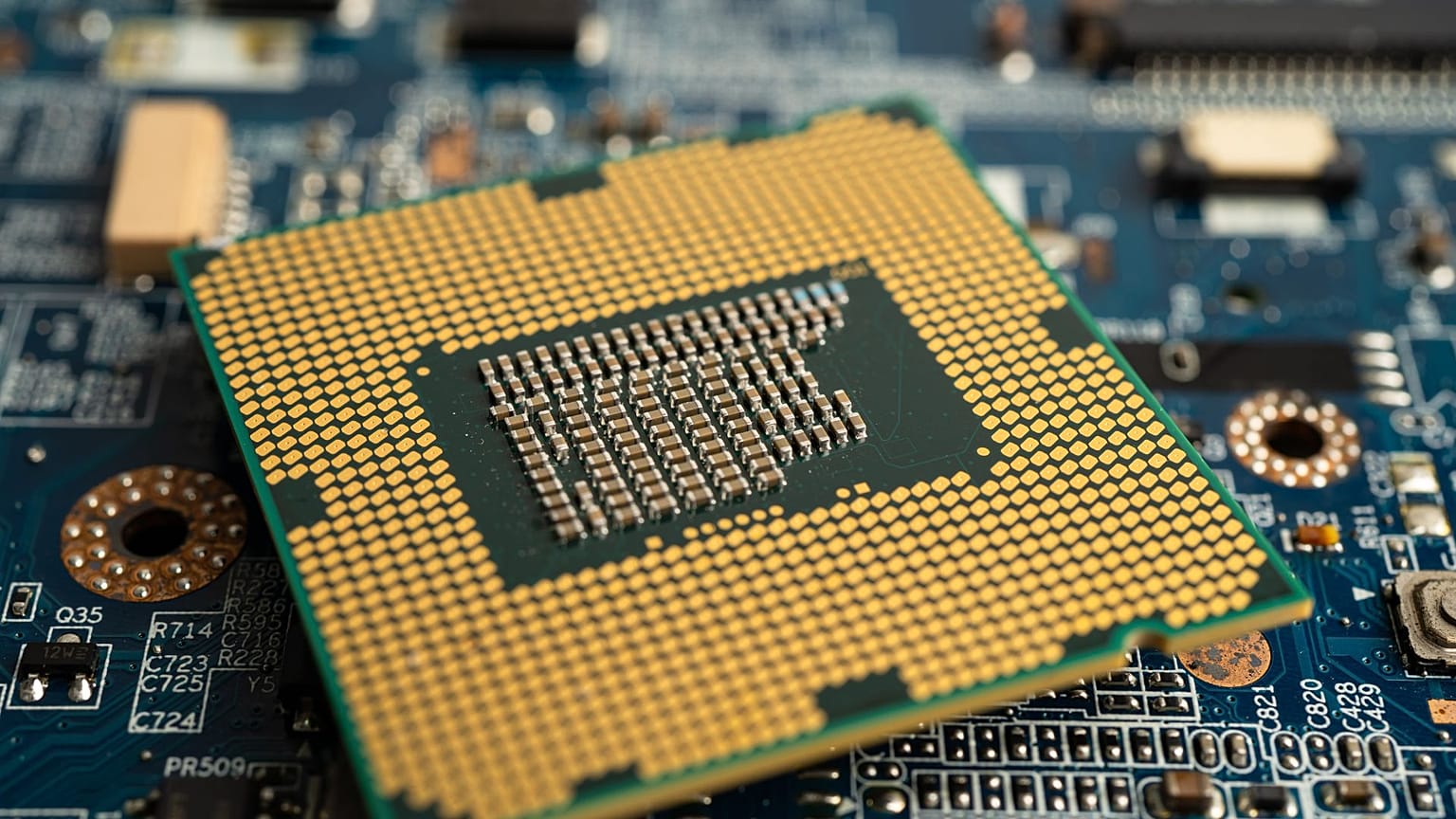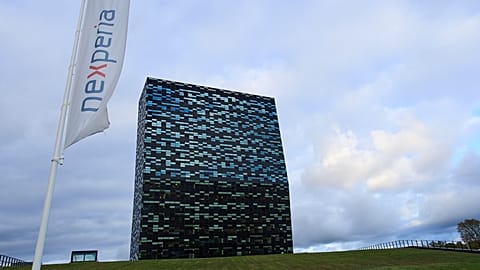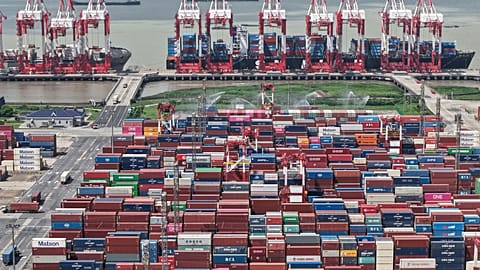The Dutch government has taken temporary control of Chinese-owned chipmaker Nexperia under emergency legislation, citing risks to national and European security and marking one of the most forceful state interventions in Europe’s tech sector to date.
The Dutch government has taken control of Chinese-owned semiconductor manufacturer Nexperia, based in the Netherlands, deploying a rarely used emergency statute to head off what it called risks to Dutch and European economic security stemming from “serious governance shortcomings.”
 ADVERTISEMENT
ADVERTISEMENT
 ADVERTISEMENT
ADVERTISEMENT
"The decision aims to prevent a situation in which the goods produced by Nexperia (finished and semi-finished products) would become unavailable in an emergency," Dutch officials said in a statement.
The company’s headquarters are located in Nijmegen, with additional subsidiaries in various countries around the world.
The Ministry of Economic Affairs said late Sunday it had invoked the Goods Availability Act (Wet beschikbaarheid goederen), enabling the state to block or reverse corporate decisions at the firm while allowing day-to-day production to continue.
Officials said the step — described as “highly exceptional” — was intended to ensure continuity of supplies from Nexperia in a crisis and to safeguard critical know-how on European soil.
The company, a major supplier of power and signal chips used in autos and consumer electronics, is owned by China’s Wingtech through its Yucheng Holding vehicle.
Financial markets reacted swiftly. Wingtech shares fell roughly 10% in Shanghai trading on Monday after the intervention was announced.
The company said its control rights at Nexperia had been “temporarily restricted,” but that it retained the economic benefits of ownership, and signalled it would pursue legal avenues.
The Dutch authorities did not publish detailed allegations, but cited acute governance concerns and the risk that essential technology and capabilities could be lost to Europe.
While the ministry emphasised manufacturing could proceed, the measures give the state sweeping powers over strategic decisions, including the right to override internal decisions, for a defined period.
The move underscores a broader European shift toward using national security tools to control ownership and decision making in sensitive tech supply chains.
The action is the latest flashpoint in Western efforts to shield semiconductor ecosystems amid intensifying US–EU export controls and investment screening targeting China. In 2022, the UK ordered Nexperia to divest the Newport Wafer Fab over security concerns, and in 2024, the US expanded export restrictions affecting Wingtech and affiliates.
Nexperia, spun out of Philips and acquired by Wingtech in 2018, is a key European supplier of legacy chips that are indispensable for vehicles and industrial equipment.
The Goods Availability Act, on which the Netherlands has now relied, is a seldom-invoked law allowing the state to secure access to critical goods and production in emergencies or when vital capabilities are at risk.
Sunday’s statement marks one of its most prominent applications in a high-tech sector.
The government said affected parties can challenge the measures in court. For now, the intervention places Nexperia under tight Dutch oversight while officials assess whether permanent remedies are needed.

















